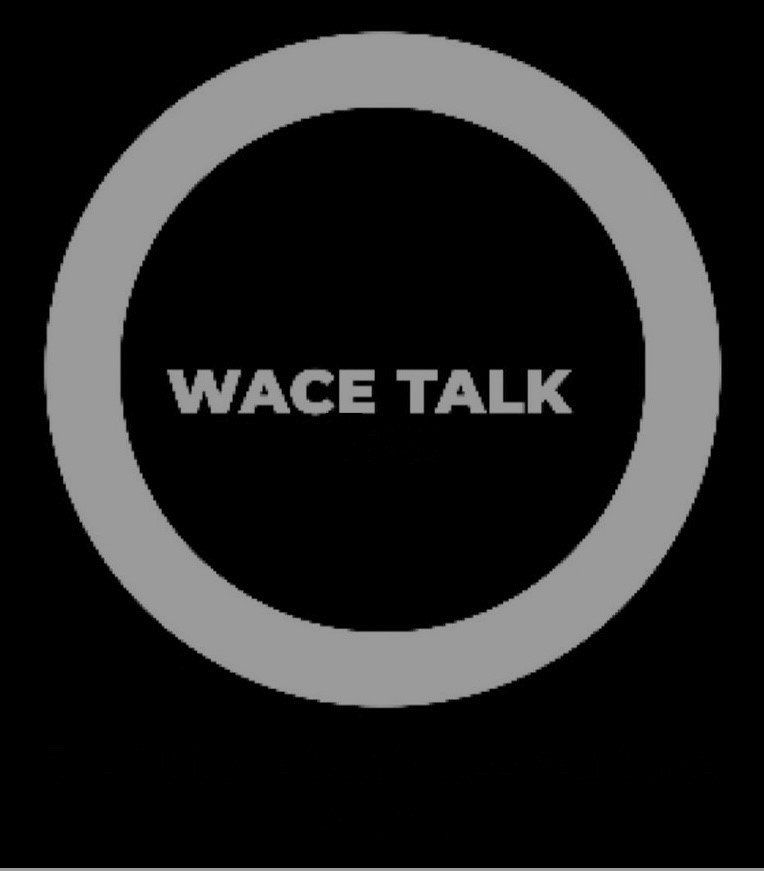The Tragedy of the Commons
The "Tragedy" Developed
For many of us, our day begins as we rise after hitting snooze for a third time. We may shower, dress, get ready for the day – whatever morning ritual you have, I hope it is one that brings joy – and yet for 64% of us that morning would be replete if absent a cup of coffee. While we do not often think of any plant as a finite resource, due to changing climate, overconsumption, and a lack of variety in farming techniques to boost short-term production has endangered most of the species of coffee grown. To many economists, this is a classic case of the Tragedy of the Commons. The phenomenon, developed by Garrett Hardin, is usually discussed in the framework of valuable, finite, and most importantly public, resources. Consumption of these resources leads to loss in quantity supplied which leads people to consume more than they usually would in order to ensure they consume any at all. This further depletes the resource leading to a downward spiral and a loss of an important resource.
A Nobel-Worthy Solution
Hardin, like many economists, was more cynical than most. Direct opposition to his cynicism came from economic optimist Elinor Ostrom. Ostrom won the Nobel Prize in Economics in 2009 due to her work on the Tragedy of the Commons – specifically, solutions to the problem. There are two general solutions: one is privatization of common goods and the other is Hardin’s approach of an Associate System of Exchange. Privatization would require knowledge of how to sustain the resource in question in the long-run as well as investment in technological innovation to maximize this resource’s efficiency. Ostrom’s approach requires creating environments of trust whereby we can maximize each other’s benefits through the medium of exchange. The Tragedy of the Commons is a symptom of a market failure, below we will discuss how individuals and firms alike can fulfill the role the market should play.
The Privatization Problem
If the solution were to be privatization of finite resources, one would hypothesize that businesses would have a better handle on sustainability. The word sustainability is often connotated with other environmental buzz-words often used by firms to portray as friendlier to the biosphere than they truly are. Despite the green washing, we know that firms have a lack of knowledge when it comes to sustainability. For example, the Amazon rainforest is nearing a “point-of-no-return”, California and other states continue to have drought issues leading to issues in crop irrigation. What can firms do, especially those with privileges to access public resources, to stop this from happening? A fundamental knowledge of how that resource interacts with the biosphere is necessary. Production inputs should be restricted to that amount which can be taken from the resource and leaves it with more than was there previously after regeneration.
A System of Exchange for Sustainability?
From a societal perspective, how can firms and individuals solve the Tragedy of the Commons via the Associate System of Exchange? Exchanges occur when the utility (economic-speak for happiness) one receives from the exchange is higher than the cost of what they gave up. Firms and individuals must find win-win situations; one possibility is a firm’s decision to trade goods and services in exchange for another firm not using a finite resource. This clearly only works because people value goods and services subjectively. In an age of misinformation and sneaky marketing, intrinsic valuation is difficult. Societal efforts are also important in maintaining a firm grip on the true cost of consumption. If a firm can play a role of communicating true value of goods and services, especially those dependent on finite resources, rational individuals will align with that purpose creating customers for that firm and a sustainable biosphere for the individual.
Shared resources play an important role in maintaining order in a society. The Tragedy of the Commons is a tragedy not just because of the fiscal implications it has, but also the societal implications. Firms may decide to continue to be complicit in the status quo production as-is, or learn from the Tragedy of the Commons and understand the long-term benefits of creating long-term solutions.
The Local Economist
Your Home for Entrepreneurial News, Local Business Spotlights, and Trends that Matter
join the newsletter
Recent Posts







Share This...







